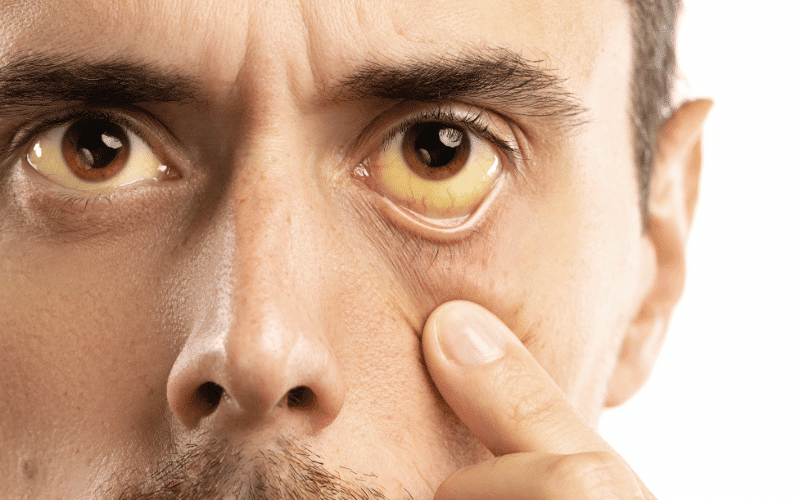Introduction: Recognizing the Early Signs of Liver Disease
Liver disease is a silent but potentially fatal condition that often goes unnoticed until it’s too late. Being aware of the early symptoms can help you recognize the warning signs and seek treatment as soon as possible. In this article, we’ll explore the 13 first signs and early symptoms of liver disease, providing you with vital information to safeguard your health.
The liver is one of the most essential organs in the human body, playing a crucial role in processing nutrients, filtering toxins, and producing bile. It’s often referred to as the body’s “chemical factory,” and when it’s not functioning properly, it can have severe consequences on your overall health. Liver disease is an umbrella term that encompasses a variety of conditions, including hepatitis, cirrhosis, and fatty liver disease. While some liver diseases are caused by viruses or autoimmune disorders, others are the result of lifestyle factors such as excessive alcohol consumption, obesity, and poor diet.
In this article, we’ll delve into the 13 first signs and early symptoms of liver disease, providing you with the knowledge you need to take action if you suspect a problem. We’ll also discuss the importance of early detection, the role of regular check-ups, and how to maintain liver health through diet and lifestyle changes.
Symptom 1. Jaundice: A Telltale Sign of Liver Problems

Jaundice is a common early symptom of liver disease, characterized by the yellowing of the skin and the whites of the eyes. It occurs when the liver is unable to process bilirubin, a waste product that builds up in the blood and tissues.
This condition can also cause dark urine and pale stools, which are indicative of impaired bilirubin processing. Bilirubin is a byproduct of the breakdown of red blood cells, and it’s the liver’s job to convert it into a form that can be excreted through urine or feces. When the liver is unable to do this efficiently, bilirubin levels rise, leading to jaundice.
In addition to liver disease, jaundice can also result from other medical conditions such as anemia, gallstones, or hepatitis. It’s crucial to consult with a healthcare professional if you notice any signs of jaundice, as it can be a symptom of a more severe underlying issue that requires prompt attention.
Early detection and treatment of liver disease are essential to preventing complications, so if you suspect that you may be experiencing jaundice or any other symptoms related to liver dysfunction, seek medical advice as soon as possible. (1)